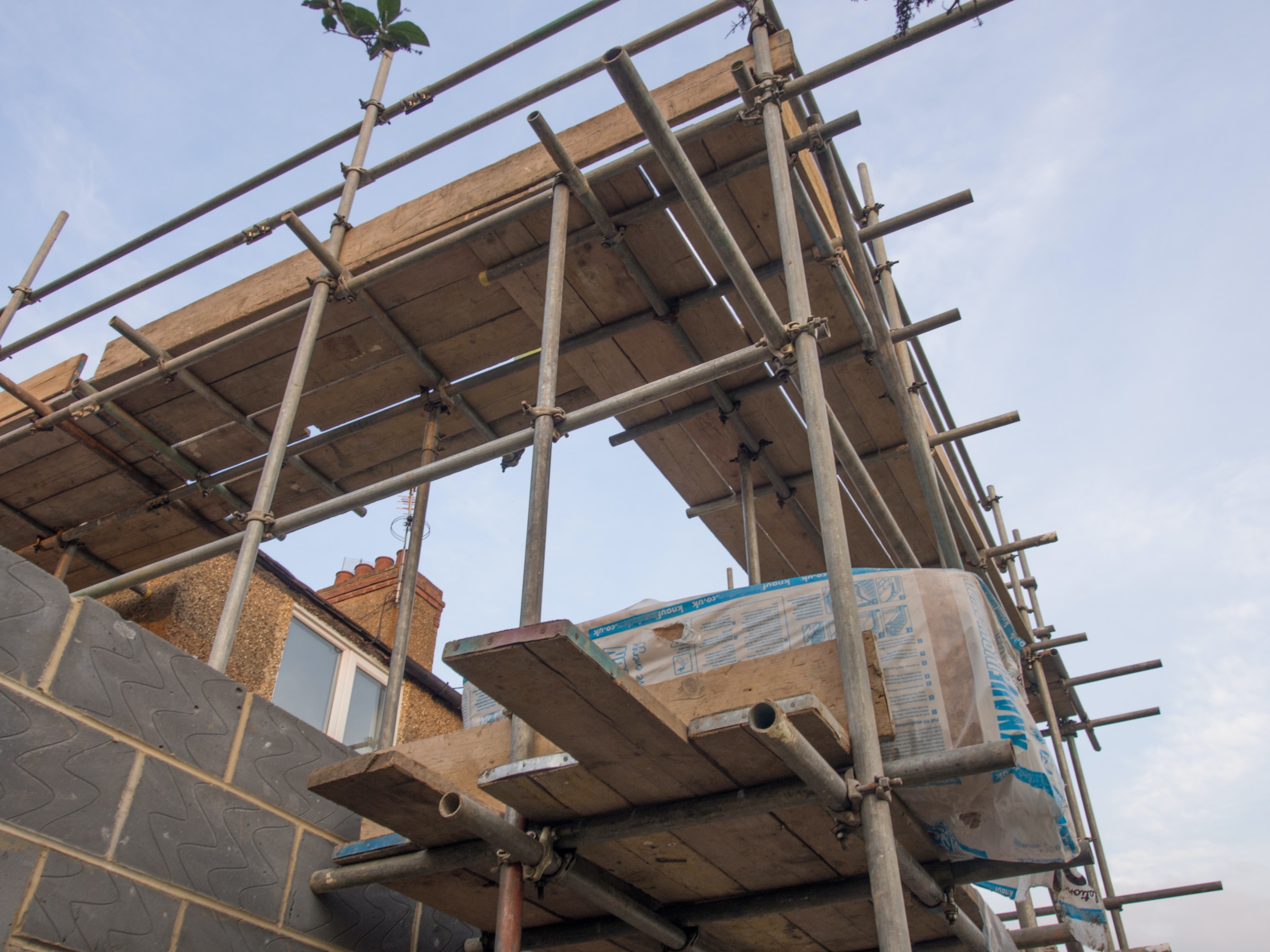The Challenges and Opportunities Facing SME Housebuilders

A report has highlighted the delays and costs associated with the planning system, which are putting businesses at risk and preventing SMEs from playing their part in building the homes that the country needs. Why are most SME housebuilders unhappy with the government’s housing approach?
The SME State of Play report, now in its third iteration by the Home Builders Federation (HBF), Close Brothers Property Finance and Travis Perkins, comes as the industry faces a range of challenges that threaten to reverse the significant increases in housing supply delivered over the past decade.
With all the geopolitical issues and supply chain delays, new building regulations, rising interest rates leading to fewer mortgage products, long-term planning problems and labour shortages, things are becoming tougher to navigate for all developers, particularly SMEs.
To inform the report, a comprehensive online questionnaire was compiled and then circulated senior representatives of SME homebuilding companies. These are all members of HBF or clients of Travis Perkins or Close Brothers Property Finance.
Respondents were geographically spread across England and Wales, and the survey received almost 220 responses with a 91 per cent completion rate.
How is the planning process becoming more difficult for developers?
The survey shows that small builders are already looking ahead to the impact caused by the government’s proposals for a new Building Safety Levy.
Four in ten SME homebuilders predict the Levy on all homes, on which the government consulted between December and February, will be a barrier to future housing delivery.
Like the previous year’s findings (2020 and 2021), challenges in the planning process once again emerged as the major barrier to SME developers increasing housing delivery over the next 12 months.
The report said that of the small and medium-sized developers who responded to the survey: “93 per cent cited delays in securing planning permission or discharging conditions as a major barrier to growth (down from 94 per cent in 2021).”
Developers are not only dealing with delays in the process, but they are also seeing the costs of achieving planning increase too. This is adding to an already difficult situation further, particularly for small and medium-sized builders.
When asked whether the cost of obtaining planning permission had changed over the past three years, 91 per cent of respondents believed that the cost had increased.
Nearly half of the respondents agreed it had risen by between 11-30 per cent and over a quarter had said they believed it had risen by over 30 per cent. While just 2 per cent thought it had decreased and 3 per cent thought it was the same.
Why is the cost of materials a major barrier to increasing housing delivery?
Another major barrier to SME housebuilders playing their part in tackling the housing crisis is the supply and cost of materials. The report explained that although SMEs are always vulnerable to price shocks in the supply chain, in normal times, these can be absorbed by higher house prices. However, due to the current climate, it is even harder now.
It explained: “The current combination of Brexit, the aftermath of the pandemic, the impacts of the geopolitical situation in Ukraine, along with wider turbulence in the financial markets, has created a unique situation in which material cost inflation is now far higher than what can be redeemed through house prices.”
In the survey, 79 per cent of respondents identified the supply and cost of materials as a major barrier to increasing housing delivery over the next 12 months, up slightly from 78 per cent last year, and from 20 per cent in 2020.
A further 20 per cent identified the supply and cost of materials as a minor barrier to housing delivery, with less than 1 per cent saying it was not a barrier at all.
While housebuilders of all sizes will be feeling the impact of the current price inflation, SMEs work on much tighter budgets and will be disproportionally affected by this.
In addition to this, smaller companies lack the financial reserves to buy in bulk and therefore find it difficult to get better deals from suppliers to stockpile before prices increase further.
How can we tackle the labour shortage?
On top of the issues in the supply chain, SMEs are also facing increasing pressure surrounding the supply of labour. Though the housebuilding sector is a major employer in the UK with an estimated 800,000 people directly or indirectly supported by the planning, design and delivery of new homes, the report revealed that the sector is struggling to find labour.
It said: “The industry is facing a major skills shortage, due to increase demand for housing, an ageing workforce and a severe loss of skills during the last recession, and the effects of Brexit and the pandemic have only exacerbated these problems further.”
When it comes to labour and skills, 64 per cent of respondents identified this as a major barrier to housing supply, up from 59 per cent in 2021, and 19 per cent in 2020. While just under 60 per cent of respondents reported difficulties in recruiting for site-based roles over the last 12 months.
The growing labour issue goes along with a decreasing number of apprentices being employed by SME builders. Nationally, there was a drop in the popularity of apprentices, with 50 per cent employing apprentices, down from just under 60 per cent employing apprentices in 2021.
To help SME developers to train further new entrants, the report has recommended that the UK Government should consider introducing Level 2 T-Level style qualifications for routes into housebuilding. It has also expressed that ensuring existing apprenticeship schemes and FE courses have a greater emphasis on practical skills is needed.
Continuing the report explained that working with CITB and the Department for Education to ensure CITB’s remit covers all skills necessary to the housebuilding industry, particularly in the transition period towards the Future Homes Standard when green skills are extremely important is key.
Finally, the report said that changing the rules for the Apprenticeship Levy to pass the responsibility of administration for hired apprentices to the company that receives the levy transfer, rather than leaving it with the company is necessary.
From the report, it is clear to see that the UK Government must ensure planning departments are funded, simplify planning processes for smaller sites, make sure existing apprenticeship schemes and FE courses have a greater emphasis on practical skills and focus on boosting green skills.

